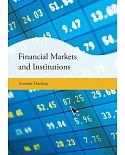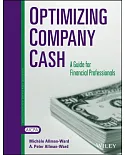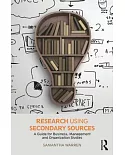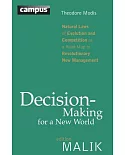Ajit Sinha's Theories of Value from Adam Smith to Piero Sraffa exemplifies the best characteristics of proper scholarship. Sinha has combined critical yet sympathetic analysis of primary
sources with keen understanding of the secondary literature. he has definite points of view which are always established by deep analytical arguments combined with careful attention to the
relevant evidence. His book is a splendid example for all those interested in the best ways of understanding the relevant links between the past of our discipline and the present-G.C. Harcourt
Emeritus Reader in the History of Economic Theory, University of Cambridge Professor Emeritus, University of Adelaide Emeritus Fellow, Jesus College, University of Cambridge
The excess confidence of contemporary economists in the strength of the existing body of their knowledge has been struck by the recent crisis. The same excess confidence had often fed the
belief that the history of ideas did not matter. In fact the understanding of the limits of any knowledge in the field of social sciences cannot be separated from the understanding of the
conditions of its construction The work of Ajit Sinha, as conveyed in the present book, provides a brilliant illustration of the fact that the history of economic thought, on the one hand, and
economic analysis, on the other, are neither antagonistic, nor substitutes, but necessary complements.-Roger Guesnerie Chair, Economic Theory and Social organisation CollFge de France,
Paris
This book presents a comprehensive account of more than 200 years of controversy on the classical theories of value and distribution. The author focuses on four, perhaps most critical,
classics, viz., Adam Smith's Wealth of Nations, David Ricardo's Principles of Political Economy, Karl Marx's Capital and Piero Sraffa's Production of Commodities by Means of Commodities. The
book highlights several significant differences in the theories of the four authors as it searches for the 'classical standpoint' that separates them from the 'moderns'. It throws fresh light
on some old questions while introducing new, controversial interpretations in the literature surrounding it. It is unique in its organisation as it first presents the author's close reading of
the theories of value and distribution in the four classics and then critically engages with the major alternative interpretations and criticisms of the theories discussed therein.
Bringing original insights on theoretical positions, the book challenges canoical interpretations so as to discuss and analyse the flaws and weaknesses, in addition to the already obvious
strengths, of widely celebrated theories. The theories discussed here emerge from questions like: what role does demand or human psychology play in the determination of value in classical
theory? Do classical economists determine the distribution of income within the context of a theory of prices and resource allocation? What role does the notion of 'equilibrium' play in
classical theory and the theory of Sraffa?





















